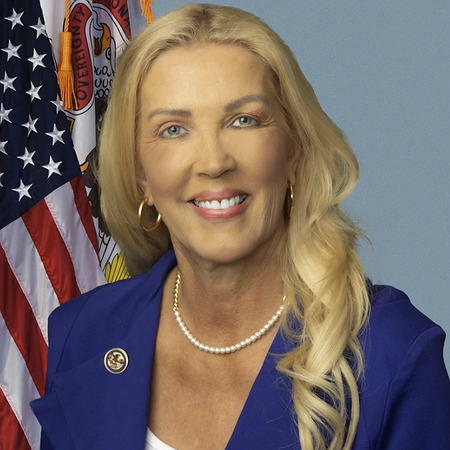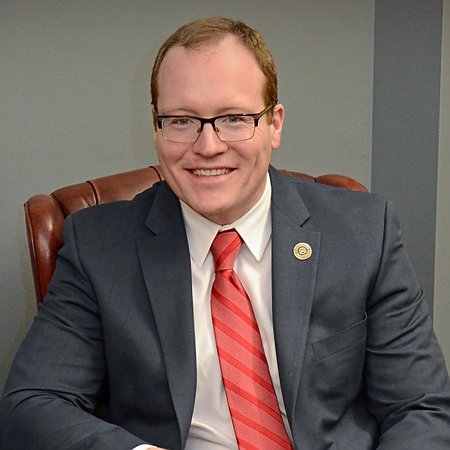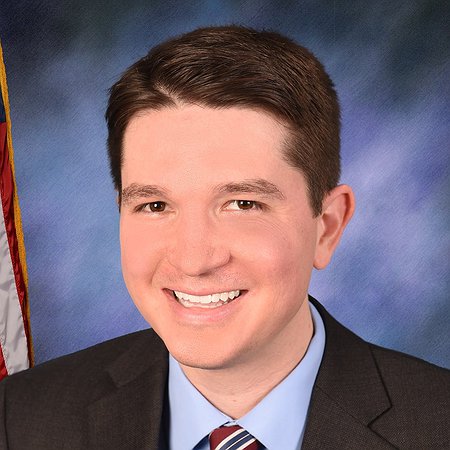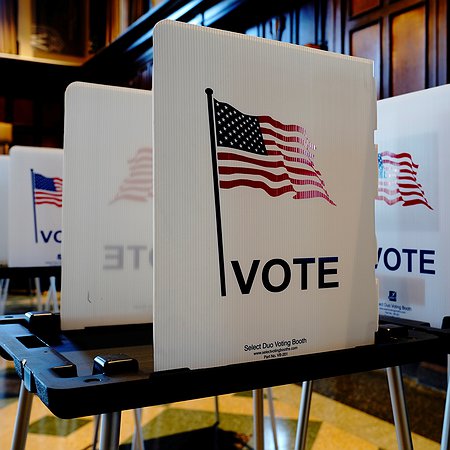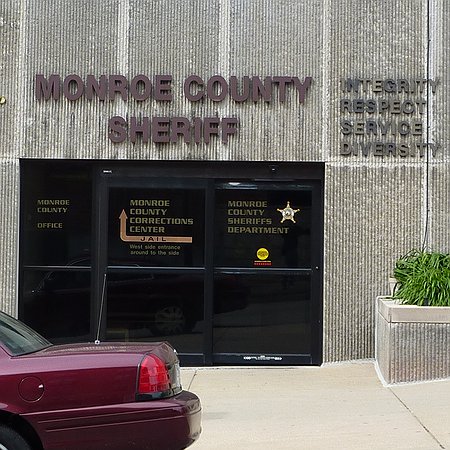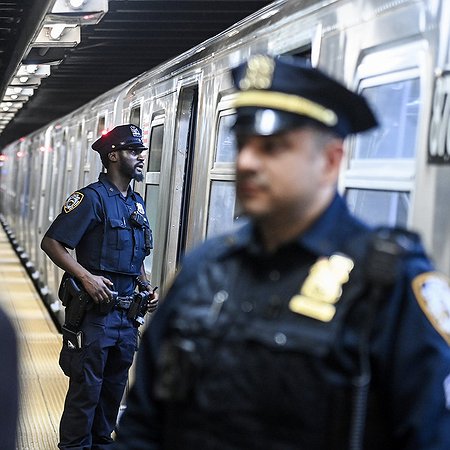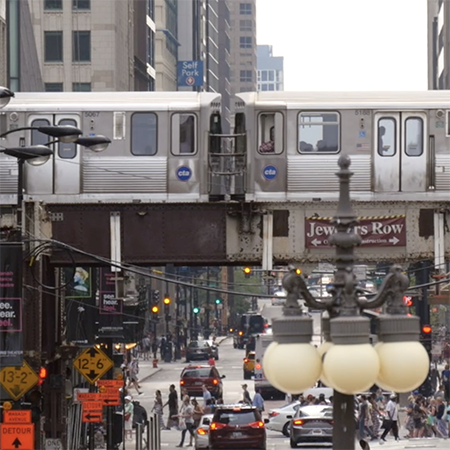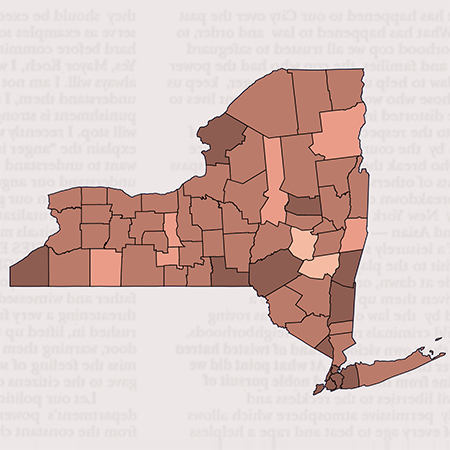
Democracy Now: Trump Targets Bail Reform, Wants to Let Rich “Buy Their Way Out of Jail”
Trump has decided that he doesn’t like the policy, not because of the facts or the data, but because of the politics, so he literally issues an executive order that threatens to starve the state.
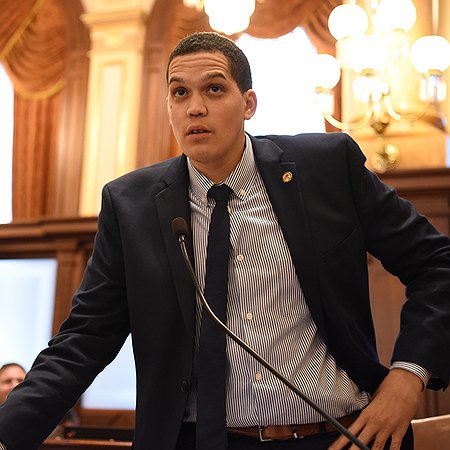
WAND News: Illinois Democrats, advocates bash Trump's executive order banning cashless bail policies while Republicans celebrate
"The fact of the matter is not only here in Chicago, but throughout the state and throughout this country, we've seen a historic drop in violence."
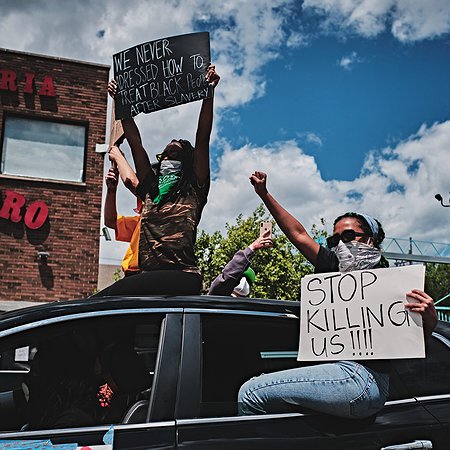
The TRiiBE: Five years later, the fight for racial and criminal justice is far from over
Illinois used to punish people simply for being poor... The Pretrial Fairness Act changed that. It replaced a system of wealth-based detention that coerces poor people to plead guilty with one that centers public safety and equity.
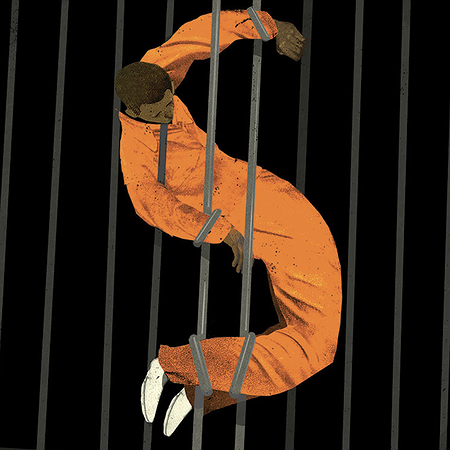
The Nation: Illinois Has Put an End to the Injustice of Cash Bail
Amid a national backlash against criminal justice reform, Illinois has achieved something extraordinary. It’s working better than anyone expected.
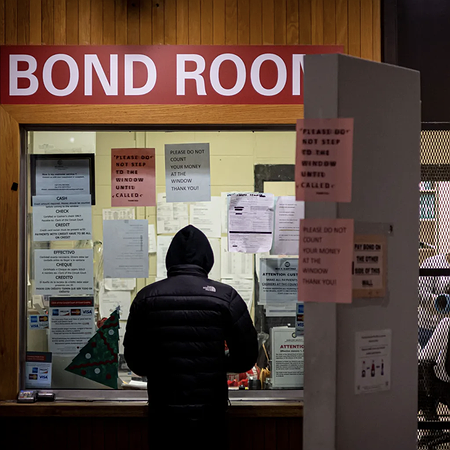
Chicago Tribune: State lawmakers: Our new justice system without money bond prioritizes public safety over wealth
Ending money bond was not just a legislative action about altering a legal procedure. It was a movement centered on reimagining the principles of fairness and justice within our criminal legal system.
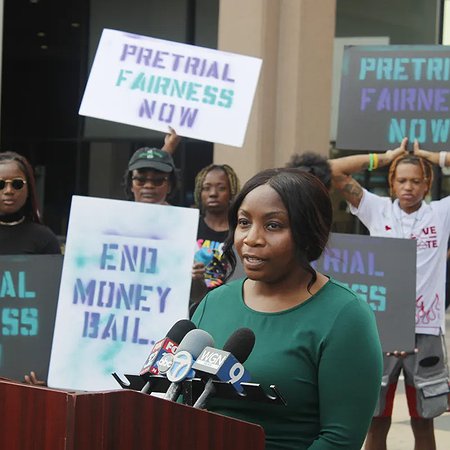
AOL: The end of money bond is facilitating a public health approach to substance use
Money bond has been a key driver of racial disparities, with Black and Brown individuals disproportionately incarcerated at staggering rates for minor offenses compared to white individuals. The Pretrial Fairness Act disrupts this pattern, providing much-needed reform.
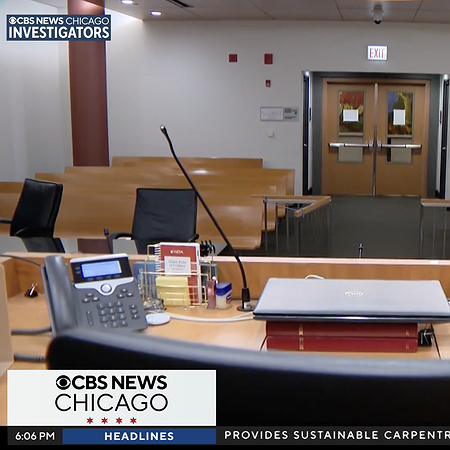
CBS News: End of cash bail in Illinois has not resulted in more crime, but has impacted court system
The biggest concern was that the abolition of cash bail would lead to a rise in crime. The bottom line from the first year of data since the Pretrial Fairness Act was implemented is that such a thing has not happened. In fact, violent crime and property crime are down.
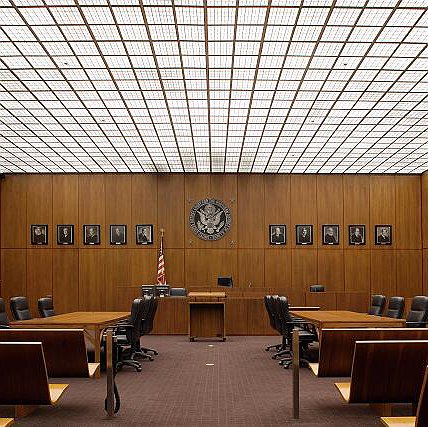
CBS News: End of cash bail in Illinois has not resulted in more crime, but has impacted court system
"The biggest concern was that the abolition of cash bail would lead to a rise in crime. The bottom line from the first year of data since the Pretrial Fairness Act was implemented is that such a thing has not happened. In fact, violent crime and property crime are down."

Brennan Center for Justice: Debunking Myths About Bail Reform and Crime
"In the most comprehensive study of the issue to date, Brennan Center researchers found no evidence that bail reform affects crime rates."

Illinois Times: Don't be fooled by fear tactics. Eliminating money bond is working.
"The Pretrial Fairness Act is just one component in building a more equitable and compassionate criminal justice system that prioritizes safety, rehabilitation and community well-being."

Chicago Tribune: 6 months after IL ended cash bail, jail populations are down
"In Cook County, the jail population has decreased by about 13%, comparing snapshot days in September and April, according to county data."
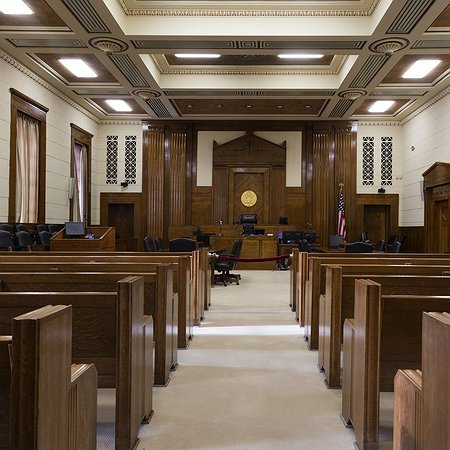
Sun-Times: End of cash bail in Illinois showing early signs of success
“'There’s a sense in the courtroom that taking money out of the equation has leveled the playing field,”' Cook County Judge Charles Beach said.

